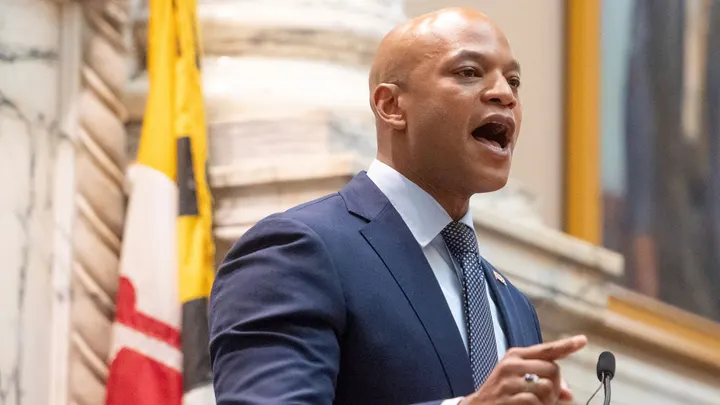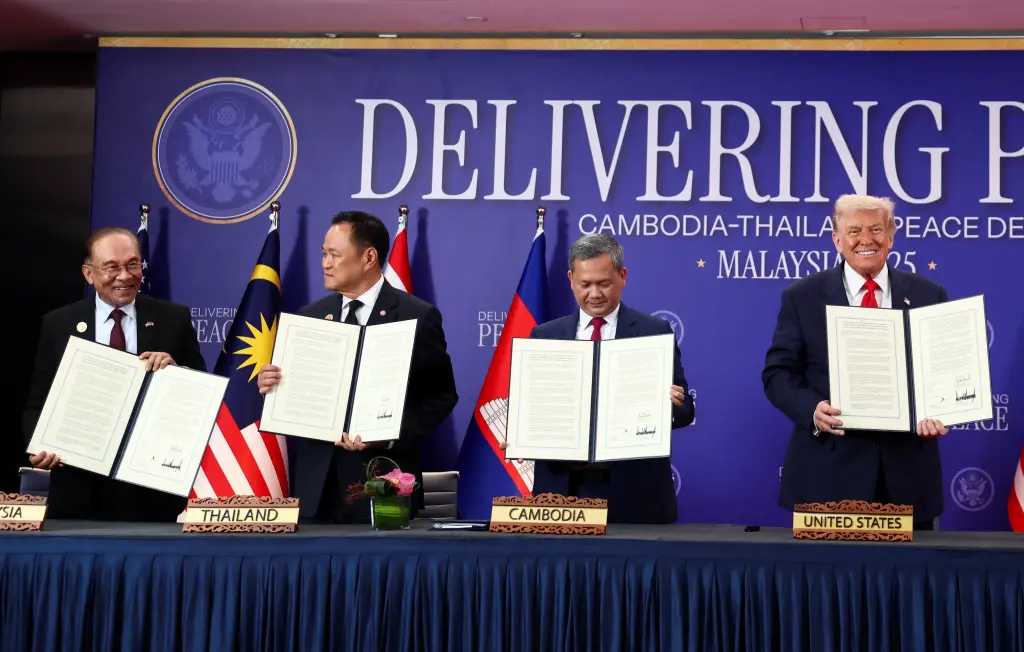Maryland Gov. Wes Moore is done with commissions and focus groups — at least that’s what he told Charlamagne tha God. Moore, the nation’s only sitting Black governor, defended his May veto of SB 587, a bill that would have created a Maryland Reparations Commission to deliver recommendations by 2027. Translation: another two-year study to tell us what we already “know.” His words, not mine.
Moore’s argument is simple: action over paperwork. He said the state has already had four similar studies in the last 20 years — one of which his wife worked on — and he’s not interested in adding another report to the stack. “What are we studying?” he asked. A fair question in a town that could create a task force to decide the color of a task force logo.
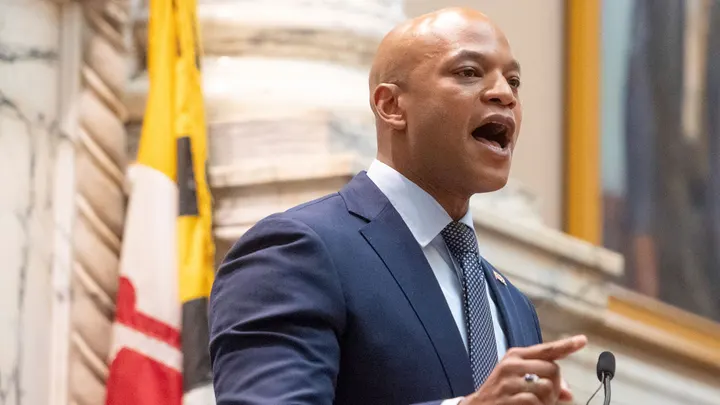
Instead, Moore points to what he calls real work already underway. He highlighted a $400 million “Just Communities” initiative aimed at neighborhoods hurt by redlining, mass incarceration, and highway projects that split communities. In other words, he’s directing capital to places he says were damaged by past policies — and yes, he emphasized that the funding is specifically targeted.
Moore also cited “historic investments” in Maryland’s HBCUs, arguing they’ve been neglected and need to be strengthened. Add in mass pardons intended to offer “a second chance at life,” and you’ve got a governor who says he’s focused on outcomes, not hearing-room speeches. He even touted procurement reforms that, in his telling, have “created Black millionaires inside of the state of Maryland.” Government contracts that actually lift entrepreneurs? That’ll raise a few eyebrows — and a few calculators.
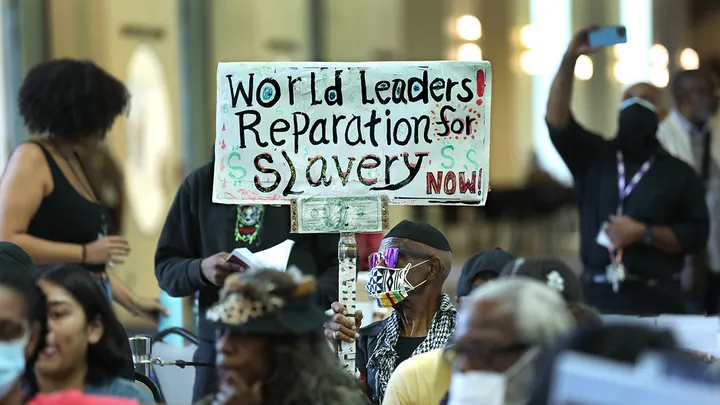
Critics heard the veto and assumed Moore was “against reparations.” Charlamagne brought that up, and Moore pushed back, framing the move as pro-results rather than anti-anything. He insists he’s been working closely with caucus members and communities across the state to deliver tangible benefits now, not in 2027 after another binder of recommendations gathers dust on a shelf.
If you prefer commissions and press releases, this probably wasn’t your favorite episode. But if you think government should pick a lane and drive, Moore is making the case that Maryland already hit the gas: $400 million for targeted communities, investments in HBCUs, pardons, and procurement reforms — all on the books, not the whiteboard.
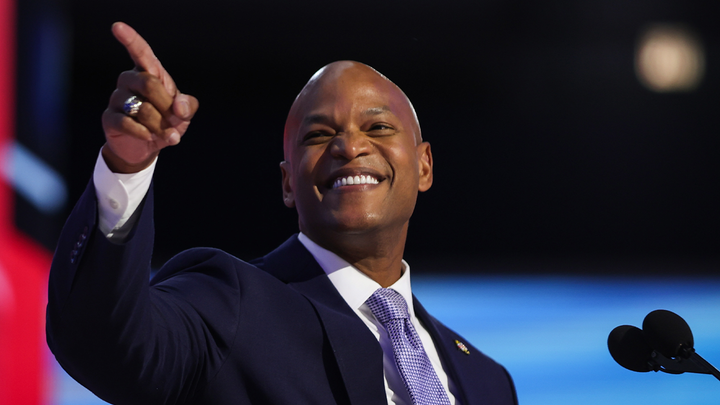
Bottom line: Moore vetoed the study and chose to move money and policy instead. We’ll see if the results match the rhetoric — and if they do, even professional commission-writers might enjoy a little vacation. Action that actually helps people? That’s a finish worth rooting for.
